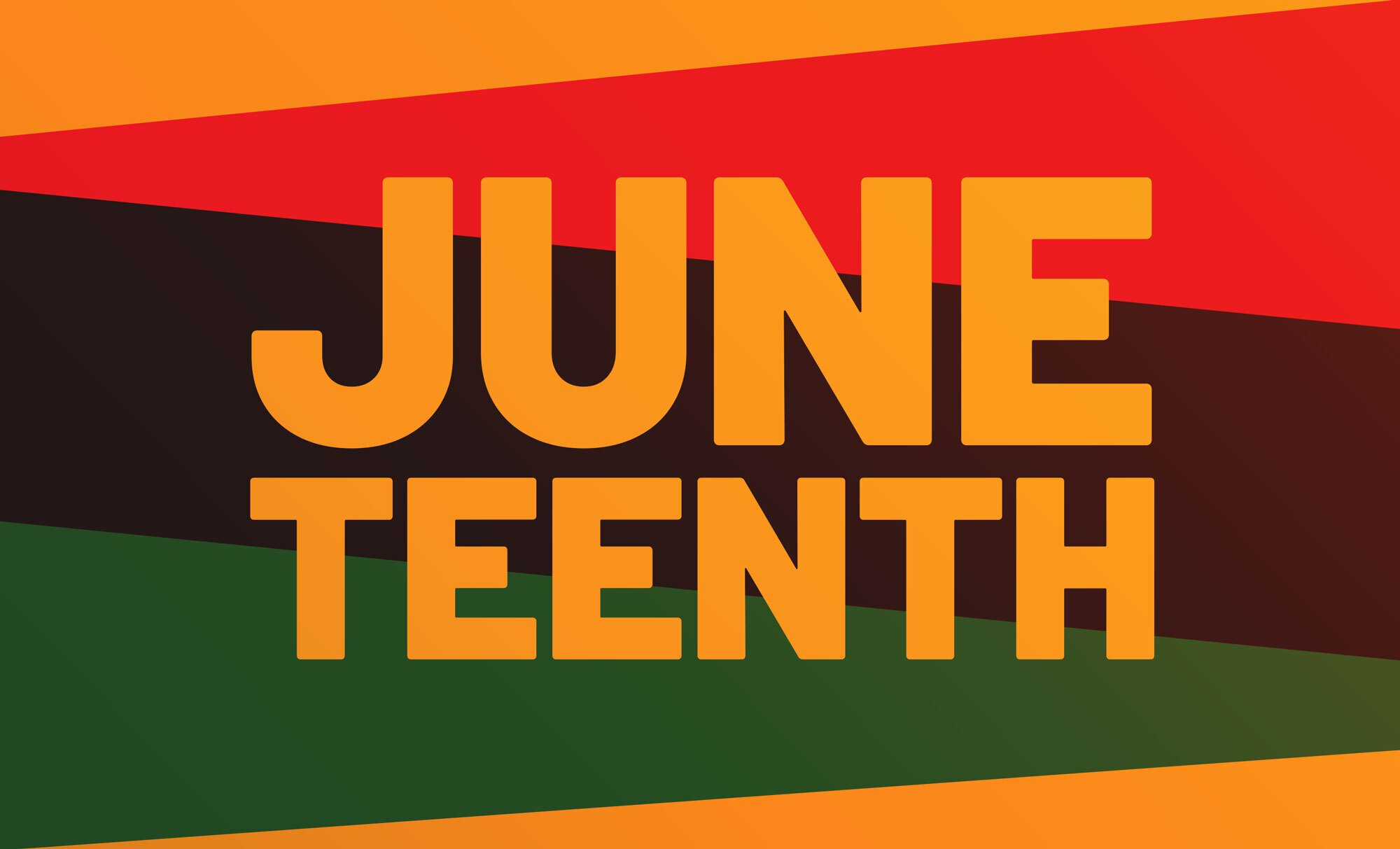Written By Anu Gupta
June is All About Celebrating Juneteenth | BE MORE With Anu
Celebrating human resilience

There’s an important holiday coming up, and I’m not talking about the start of summer. Each June 19, we celebrate and honor Juneteenth, a commemoration of the emancipation of enslaved people in the United States. On June 19, 1865, enslaved Black people in Texas learned that they had been freed more than two years earlier when President Abraham Lincoln signed the Emancipation Proclamation, cementing this day as one of celebration, liberation, and joy.
Each June 19, we celebrate and honor Juneteenth, a commemoration of the emancipation of enslaved people in the United States.
Some Black communities and families have been celebrating Juneteenth for more than a century. But only now, in the aftermath of a year of protests against police violence and state-sanctioned racism, is the holiday beginning to garner more widespread recognition. At least 45 states and Washington, D.C. recognize Juneteenth as of this year, with a few states and some workplaces deeming the day a paid holiday. This recognition is long overdue.
Like many of you, I didn’t learn about Juneteenth in school. I first heard of Juneteenth in 2010 while working in New Orleans. Learning about the holiday — and how for over a century, Black Americans have celebrated the spirit of what it means to have freedom — brought tears to my eyes. I remember witnessing my first Juneteenth in Congo Square, a historic place for Black American culture, and feeling that this holiday ought to be a commemoration and celebration for all people.
While Juneteenth may hold special meaning for Black communities, it is crucial that all Americans, regardless of their skin color, remember and honor this day. The abolition of slavery is a pivotal point in our collective history, one where we finally began to right many years of wrongs. Though the end of slavery did not result in immediate racial equality — we are still struggling to reach that equality to this day — Juneteenth is a day that speaks to human resilience. Despite unimaginable cruelty and violence, generations of formerly enslaved people survived, building thriving communities in the face of a dominant caste that told them it was impossible, that they were lesser beings simply for the color of their skin. The human spirit will always win out in the face of adversity, and this is one more example.
Juneteenth is a day that speaks to human resilience
In addition, our annual recognition of Juneteenth should serve as an urgent reminder that we, collectively and individually, must act to repair the harms that have been historically implicated on Black people and continue to occur to this day. The legacy of slavery, Jim Crow, and racist practices like redlining and segregation are still extremely visible every day, and we still have not seen sufficient action taken to make it right.
I’m talking about reparations: tangible, monetary resources given to Black people for the harm caused to them by generations of white Americans. This year, Representative Sheila Jackson Lee of Texas introduced a bill, H.R. 40, to create a proposal for reparations for Black Americans, and the Biden administration has indicated that they are open to a “study” of reparations. More concretely, the Movement for Black Lives has created a Reparations Now toolkit on making the case for reparations in communities. I encourage you to take a look at M4BL’s policy platform and discussion questions when talking about reparations with folks in your networks. The burden of advocating for reparations should not fall solely to Black Americans; we must all take action to support this crucial resource.
The burden of advocating for reparations should not fall solely to Black Americans; we must all take action to support this crucial resource.
Finally, I’m excited to share a Juneteenth event hosted by our partners at The Middle Project, Middle Church and The Riverside Church. This Black-led, multicultural celebration will feature speakers Rev. Dr. Jacqui Lewis and Rev. Michael Livingston and performers including Martha Redbone, Tituss Burgess, Celisse Henderson, and an ensemble of Riverside Church and Middle Church choirs. You can attend in person if you’re in the New York area, but the event will also stream live so folks can attend virtually. I’m looking forward to the transformative, healing power of gathering in community with these folks, and I hope you’ll join. Register here.
We may not all have learned about Juneteenth growing up like we should have, but we can make sure no other generation overlooks this important day again. We will all be better for it.
